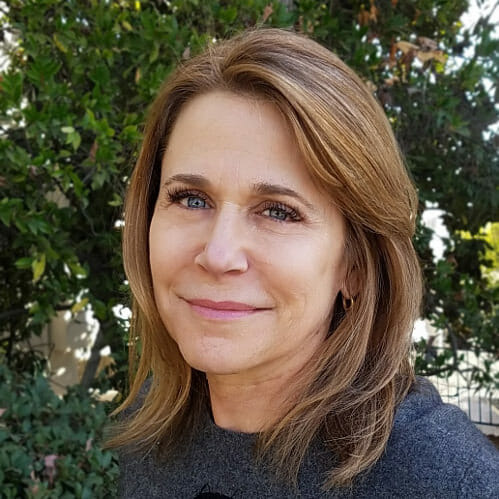Foster Inclusion in the Classroom Through Formative Assessment
Last updated November 17, 2020Course Length
1h 32m
Last Updated
November 17, 2020

Foster Inclusion in the Classroom Through Formative Assessment
Last updated November 17, 2020Table of Contents
Empower your students to assess their own learning.
Overview
Today’s classrooms are more diverse and complex than ever. As faculty, you know you need to prepare a diverse student population – with varying perspectives and backgrounds.
But how do you know if you’re making learning inclusive for all? In what ways can you get feedback from your students to ensure that your instruction resonates with them? If you’re waiting until the end of the semester to evaluate their performance, you’re missing out on so many critical opportunities to engage with your students and include them in observations of their own learning.
Join us online and learn about the power of formative assessment as an inclusive practice that builds reflection, engagement, and self-awareness in the classroom. Our expert speaker will introduce you to a variety of formative assessment tools that you can implement right away, online or in person, including knowledge surveys, exam wrappers, and post-mortem reviews. To help you understand what formative assessment looks and feels like, you will be placed into the role of the student so that you can experience formative assessment directly. You will discover ways you can adjust your teaching practice to become more inclusive as we discuss, reflect on, and dissect what student-centered assessment can look like.
Who should attend?
This training is designed for faculty and instructors who are looking for ways to ensure their classroom is accessible and relevant for all students. If you’re interested in finding new ways to assess learning and teaching effectiveness in your classroom, this training is for you!
Those who support faculty in Centers for Teaching & Learning, as well as academic leaders such as deans, department chairs, provosts, and vice presidents of academic affairs may also be interested in the topic to learn faculty support strategies.
Agenda
January 19, 2021
1:00 – 3:00 p.m. Eastern
Section 1: The Formative Assessment Toolkit
In this first section, you will experience a variety of different techniques and strategies for gathering student feedback. Some methods will inform you about student preferences and interests, while others will help you gauge performance and provide feedback on learning. No matter what the data tell you, the toolkit will help you customize your teaching and instruction to the needs, interests, and preferences of all students in your classroom. Examples of techniques include:
- Knowledge Surveys
- Low Stakes Quizzes and Polling
- Think-Pair-Share
- Chat Discussions
- Exam Wrappers
- Post-Mortem Reviews
Section 2: Creating a Culture of Inclusion
As a group, you’ll explore ways to incorporate the toolkit into your daily practice and discuss how doing so can create a culture of inclusion in your classroom.
Tagged In
$495

Catherine Haras
Executive Director of the Center for Effective Teaching and Learning (CETL), California State University

